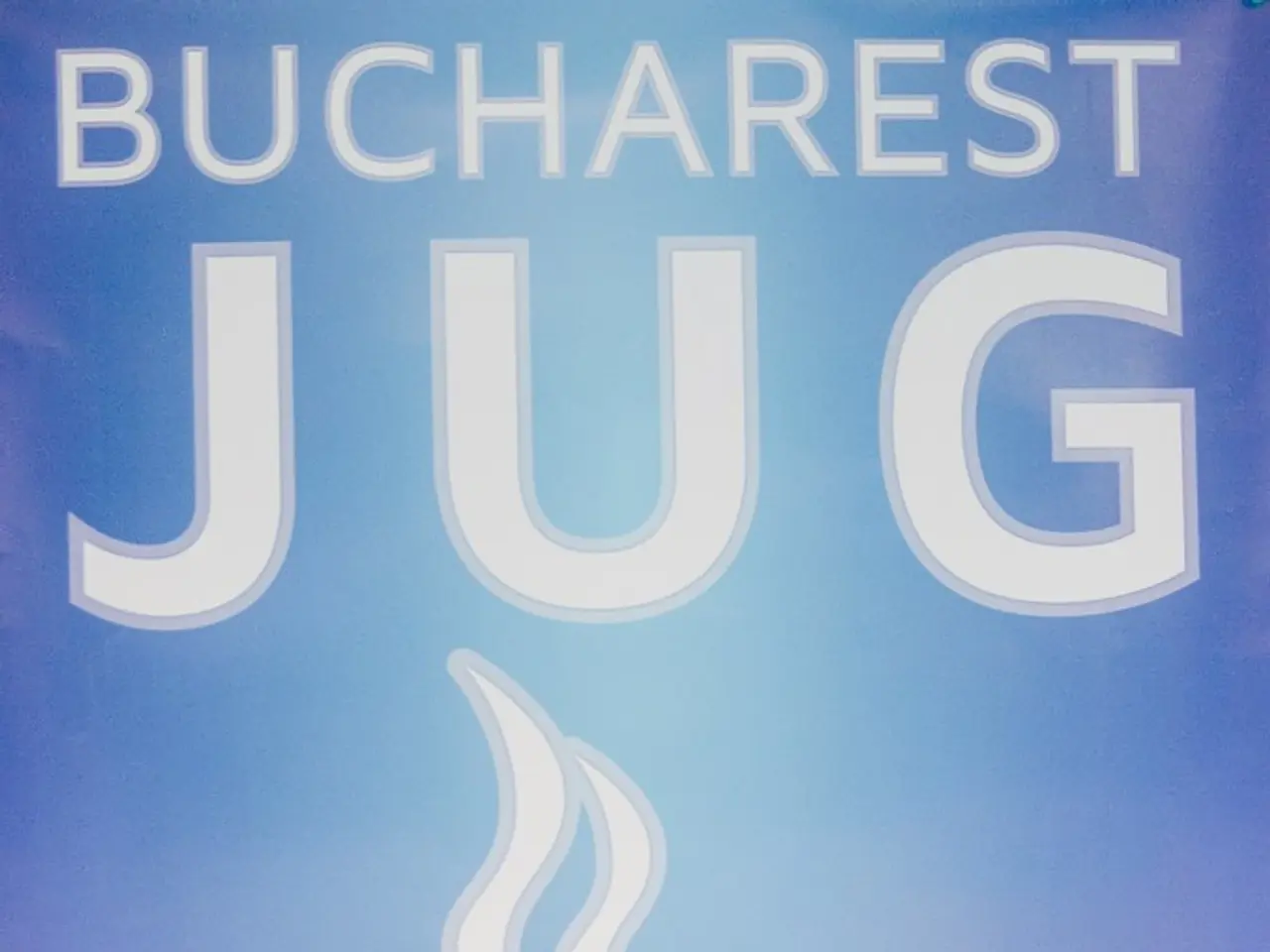South African Distribution of Hedge Funds
South Africa's hedge fund regulation takes a unique approach, focusing on asset allocation limits and broader financial sector reforms, while the European Union's Alternative Investment Fund Manager Directive (AIFMD) offers a comprehensive and harmonized regulatory framework for alternative investment fund managers.
South Africa's Regulatory Framework
In South Africa, hedge funds are subject to the South African Collective Investment Scheme Supervisory and Control Act (CISCA). This act allows South African hedge funds to allocate up to 45% of their assets offshore, reflecting a degree of openness but with regulatory boundaries set by the South African Reserve Bank. The regulatory environment is strengthened by broad financial sector reforms, including anti-bribery measures, which can indirectly impact fund operations.
However, South Africa does not have a specialized, comprehensive framework equivalent to the AIFMD for foreign hedge fund managers entering the market. Instead, they are governed by general financial regulation and central bank rules.
EU's AIFMD Framework
The AIFMD, implemented across EU Member States since 2013 and updated by AIFMD II in 2024, establishes a comprehensive and harmonized regulatory and supervisory framework specifically for alternative investment fund managers. This Directive covers management, marketing, leverage limits, investor disclosures, and reporting, with specific rules on systemic risk control and leverage caps enforceable by national regulators such as the FCA in the UK and CSSF in Luxembourg.
AIFMD also mandates registration, transparency, and minimum organizational standards for foreign fund managers wishing to market alternative investment funds within the EU. This direct access offers a more streamlined route for foreign fund managers compared to South Africa's approach.
Comparison
| Aspect | South Africa | EU AIFMD Framework | |-----------------------------|------------------------------------------------------|------------------------------------------------------| | Regulatory Scope | Focus on asset allocation limits (e.g., 45% offshore); broader financial sector reforms ongoing | Comprehensive covering authorization, marketing, management, leverage, disclosures, reporting | | Specific Regime for Foreign Managers | No specialized, comprehensive framework equivalent to AIFMD; more reliant on general financial regulation and central bank rules | AIFMD specifically governs foreign and domestic AIFMs accessing EU markets with detailed rules | | Leverage and Systemic Risk | No specific leverage cap rules found in search results | Explicit leverage limits and systemic risk reporting requirements in national transpositions of AIFMD | | Investor Protection | General investment regulatory framework and reforms aimed at governance and anti-bribery | Extensive investor disclosure and protection measures under AIFMD | | Market Access | Indirect through asset allocation permissions and financial oversight | Direct access rules with regulatory authorization or marketing passporting under AIFMD |
In conclusion, South Africa’s regulatory framework supports foreign hedge fund manager access through financial sector regulations and foreign asset allocation limits but lacks the highly detailed, unified, and specific regime of regulation for alternative investment fund managers found in the EU’s AIFMD. The EU's AIFMD imposes stringent, formal authorization, operational, and transparency requirements to control systemic risk and protect investors, reflecting more mature and specialized regulation.
Foreign fund distribution in South Africa typically mirrors that of the home state, with foreign fund managers requiring a local representative agreement or independent representative office. This article is a guest article published by Hedge Funds Guest Articles, copyrighted by The Sortino Group. The views expressed in this article are those of the author and not necessarily those of AlphaWeek or its publisher, The Sortino Group.
[1] South African Reserve Bank: https://www.reservebank.co.za/ [2] European Securities and Markets Authority: https://www.esma.europa.eu/ [3] Financial Conduct Authority (UK): https://www.fca.org.uk/ [4] Commission de Surveillance du Secteur Financier (Luxembourg): https://cssf.lu/ [5] Organisation for Economic Co-operation and Development (OECD): https://www.oecd.org/anti-bribery/convention/oecdanti-briberyconvention.htm
- South Africa's regulatory approach to hedge funds, such as the South African Collective Investment Scheme Supervisory and Control Act (CISCA), focuses on asset allocation limits and broader financial sector reforms, while foreign hedge fund managers are primarily governed by general financial regulation and central bank rules.
- In contrast, the European Union's Alternative Investment Fund Manager Directive (AIFMD) offers a comprehensive and harmonized regulatory framework for alternative investment fund managers, with specific rules on systemic risk control, leverage limits, investor disclosures, and reporting, making it a more streamlined route for foreign fund managers compared to South Africa's approach.




